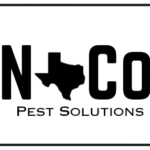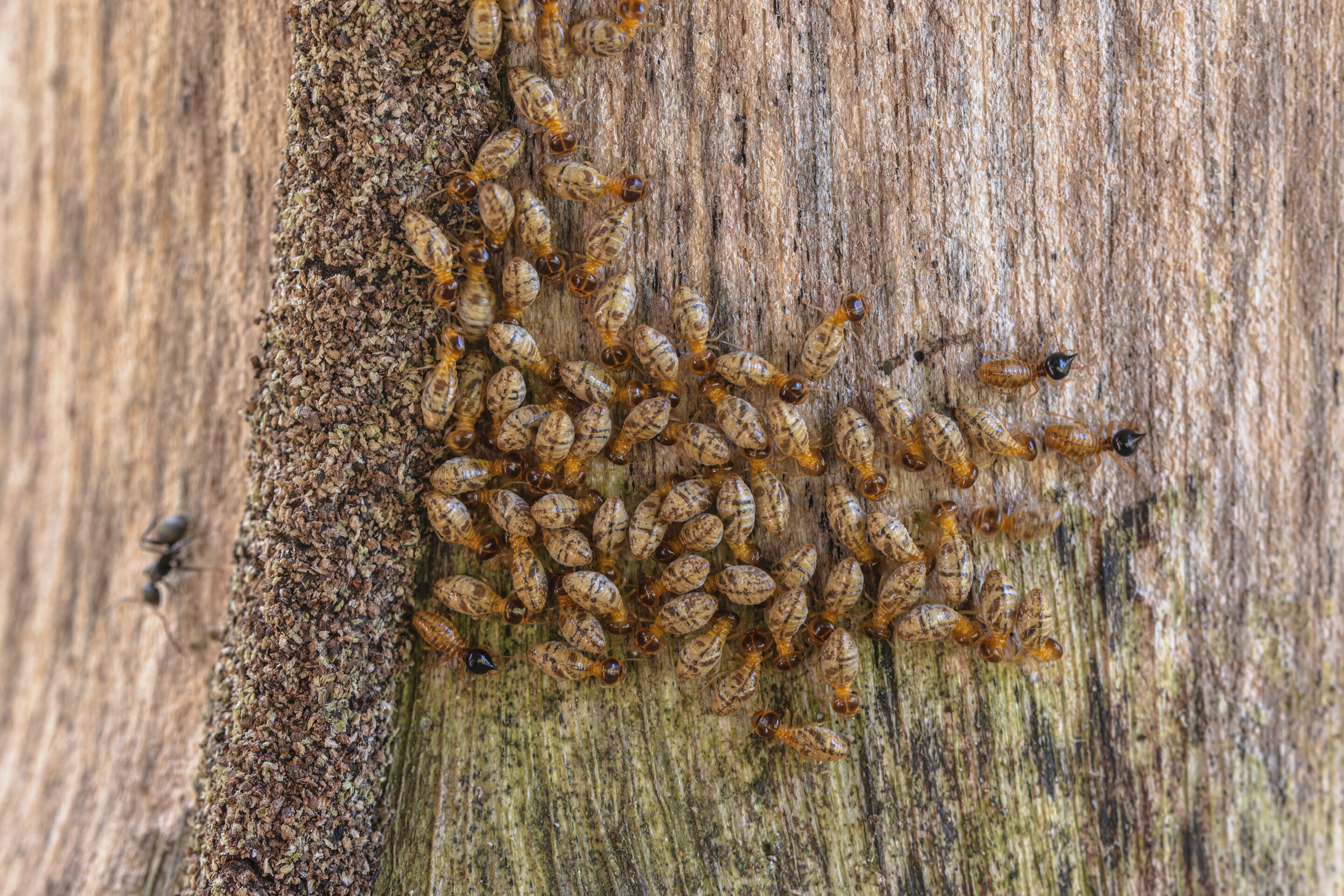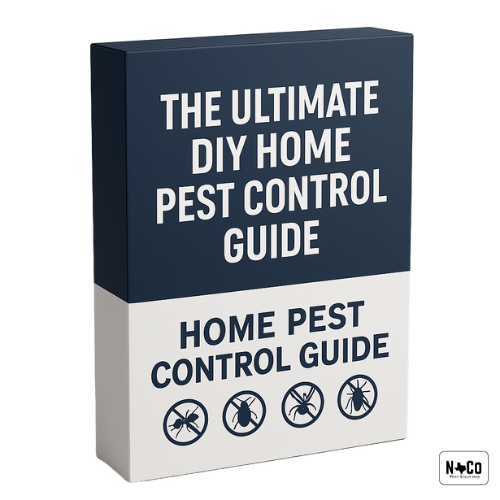When facing pest problems, homeowners often debate whether to tackle the issue themselves or hire professionals. Both approaches have their merits. The right choice depends on several factors, including the pest type, infestation severity and your comfort level with handling pest control products.
DIY pest control: Advantages and limitations
Advantages
Cost savings: Store-bought pesticides and traps often require a lower initial investment than hiring professional services for one-time treatments. Basic DIY solutions like ant baits or roach sprays are generally more budget-friendly for addressing minor pest issues, making them attractive for homeowners looking to manage costs when dealing with occasional pest sightings.
Immediate action: DIY allows you to address problems as soon as you notice them without waiting for an appointment. This immediate response can be beneficial for catching early-stage infestations.
Flexibility: You can treat on your own schedule and focus on areas of particular concern.
Limitations
Limited access to professional-grade products: Due to safety regulations, many effective pesticides are only available to licensed professionals. DIY products often contain diluted formulations that may be less effective against established infestations.
Knowledge gaps: Without proper training, you might misidentify pests or use inappropriate treatment methods. For example, using the wrong approach for termites can waste money, allowing the colony to continue damaging your home.
Safety concerns: Improper application of pesticides can pose health risks to your family, pets and even beneficial insects. According to EPA data, thousands of home pesticide exposures occur annually due to misapplication.
Treating symptoms, not causes: DIY methods often address visible pests but fail to eliminate the source of the infestation or implement effective prevention strategies.
Professional pest control: When it makes sense
When professionals have the advantage
Severe infestations: For established populations of destructive pests like termites, bed bugs, or rodents, professional treatment is almost always more effective. As noted in our termite guide, Texas homes are particularly vulnerable to year-round termite activity that requires specialized treatment approaches.
Recurring problems: If pests keep returning despite your efforts, professionals can identify and address the root causes you might be missing.
Preventative protection: Regular professional service creates a protective barrier that prevents infestations from establishing in the first place—often more cost-effective than dealing with full-blown problems later.
Access to better solutions: Professionals use commercial-grade products and equipment unavailable to consumers, and they’re trained in precise application methods that maximize effectiveness while minimizing chemical exposure.
Identification expertise: Pest control technicians can accurately identify pest species and their activity patterns, ensuring appropriate treatment strategies.
Time and effort savings: Professional treatment saves you the time and hassle of researching, purchasing supplies, and applying treatments yourself.
Finding the right balance
The most effective approach often combines DIY vigilance with professional expertise:
- Use basic preventative measures yourself (sealing entry points, eliminating food sources, reducing moisture)
- Address minor, isolated problems with appropriate consumer products
- Call professionals for severe infestations, dangerous pests, or recurring issues that DIY methods haven’t resolved
While DIY methods can be effective for minor pest issues, professional pest control typically provides more thorough, lasting solutions for established infestations—especially in Texas, where our climate supports year-round pest activity and rapid reproduction cycles.



